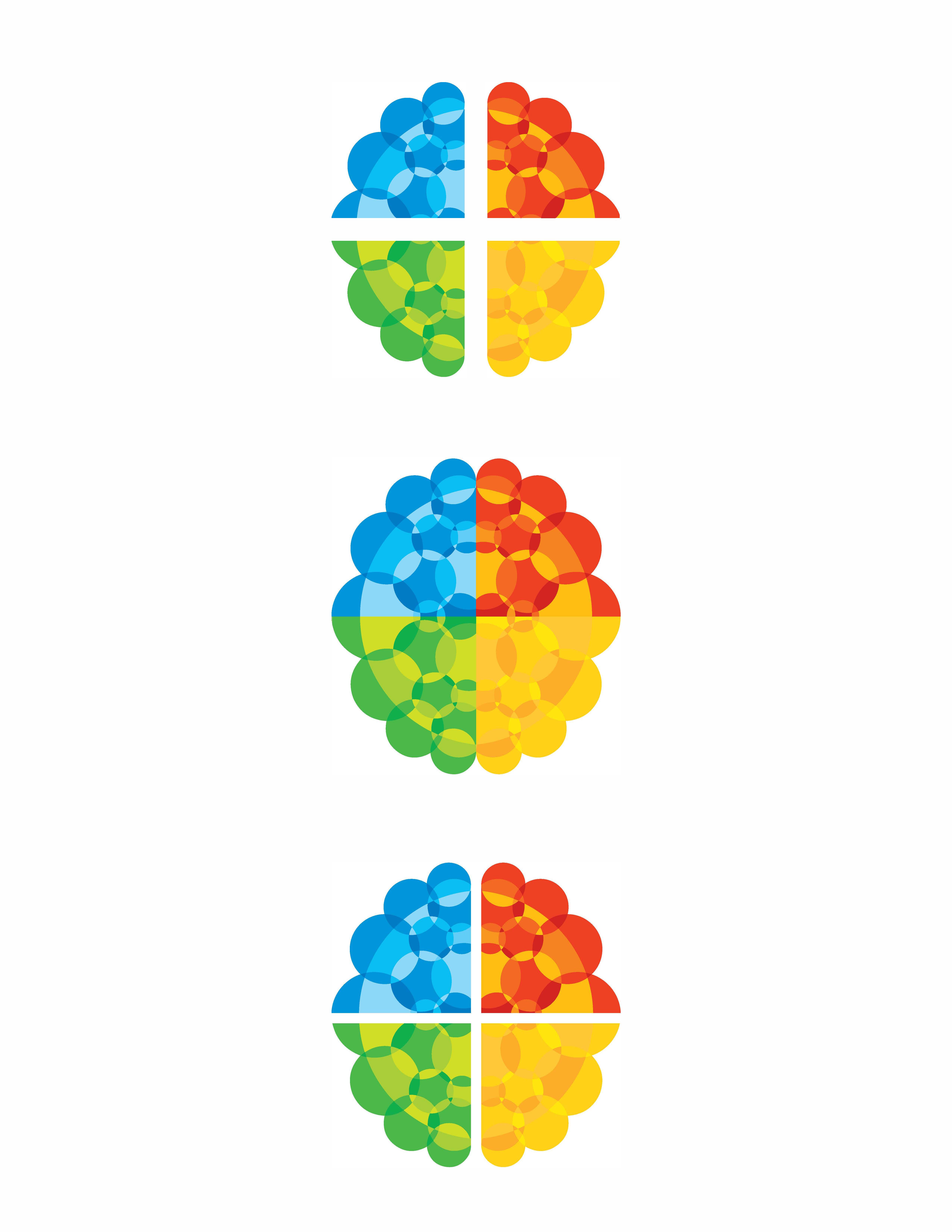Taylor Series vs CORDIC Algorithm
Location
CoLab, OCB 100
Start Date
27-4-2018 10:30 AM
Document Type
Poster
Description
The greatest achievement a Computer Scientist could accomplish is to solve a computational problem in the most optimal and efficient way. In this paper, the computational problem being tackled on is the calculation of the Trigonometric function of Sine and Cosine. Mathematicians and Scientist throughout the century have come up with different algorithms and formulas to solve this problem. The two most implemented algorithm being used to solve these trigonometric functions today is known as the CORDIC Algorithm and the Taylor Series. The goal of this research is to compare these algorithms in terms of speed and accuracy when it comes to solving those transcendental functions. The method used in this research is to make a comparison by implementing them on software using a high-level programming language and collecting the run-time and precision of both algorithms. This research will then conduct a side by side comparison to analyze those data and come up with the conclusion to which is the more optimal solution.
Taylor Series vs CORDIC Algorithm
CoLab, OCB 100
The greatest achievement a Computer Scientist could accomplish is to solve a computational problem in the most optimal and efficient way. In this paper, the computational problem being tackled on is the calculation of the Trigonometric function of Sine and Cosine. Mathematicians and Scientist throughout the century have come up with different algorithms and formulas to solve this problem. The two most implemented algorithm being used to solve these trigonometric functions today is known as the CORDIC Algorithm and the Taylor Series. The goal of this research is to compare these algorithms in terms of speed and accuracy when it comes to solving those transcendental functions. The method used in this research is to make a comparison by implementing them on software using a high-level programming language and collecting the run-time and precision of both algorithms. This research will then conduct a side by side comparison to analyze those data and come up with the conclusion to which is the more optimal solution.



Comments
The faculty supervisor for this project was Rob Grondahl, Mathematics.